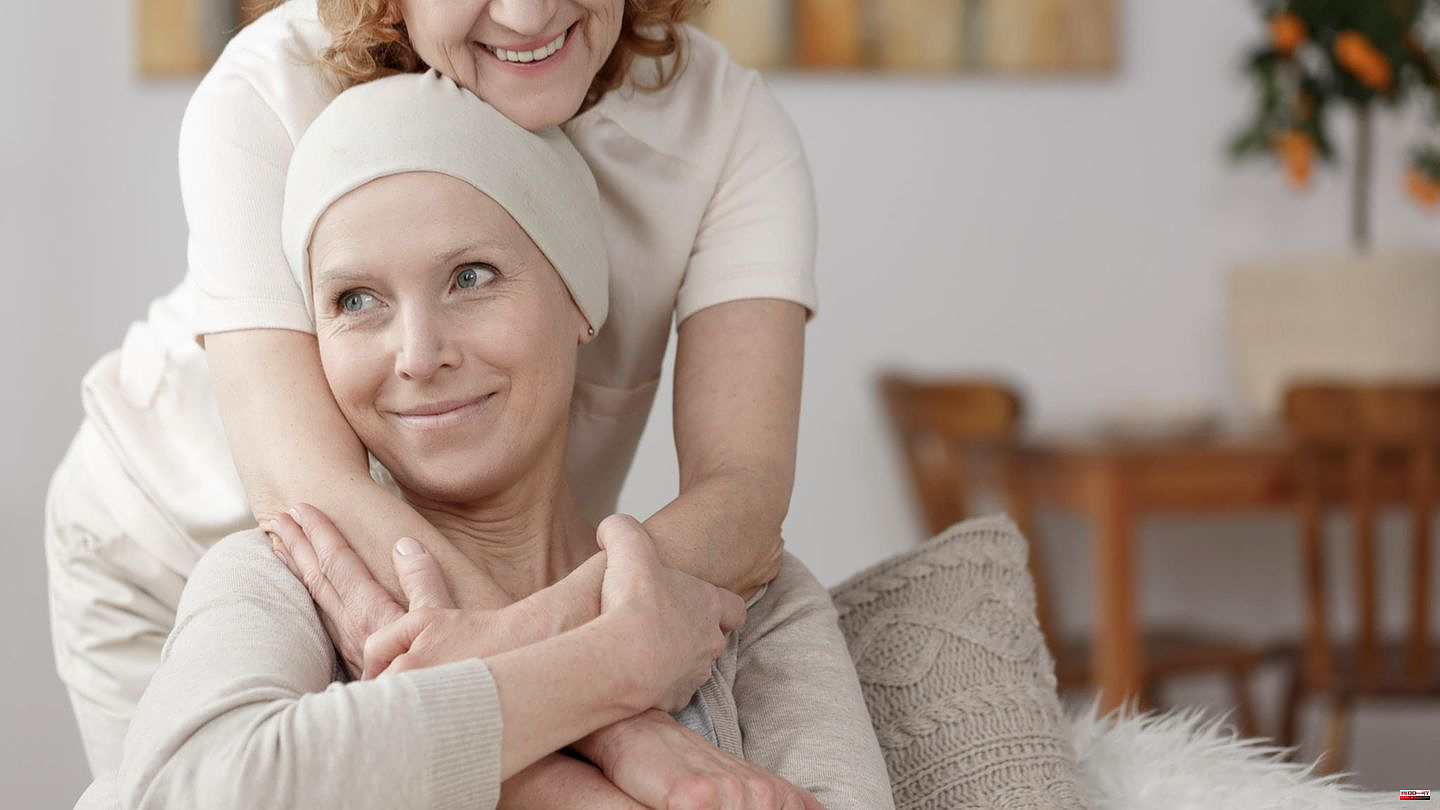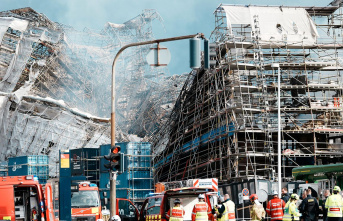"You have breast cancer." That's one of those sentences that completely change your life from one moment to the next. Everything was just fine - and there is already a tumor somewhere in your body that is throwing your plans for the future upside down. Where there used to be joy and light-heartedness, there is often panic and fear. If you want to help those affected, you can quickly get carried away and throw empty phrases around. A classic: "Everything will be fine."
However, that's not really helpful. First, because it's a promise that no one can seriously give. Just look at the current world situation - who would have thought with the slow flattening of the Corona crisis a year ago that we would be talking about inflation, war and energy shortages today? Apart from the fact that Corona is still an issue. No, we don't know how things will develop in the future. It's also a bit in the nature of life.
But why do we slip out a sentence like that, especially when we try to comfort other people and support them emotionally? Maybe because there are things in life for which we find it difficult to find the right words. Cancer is such an issue. Because in many minds, the disease is still directly linked to a death sentence. So when someone tells us they have breast cancer, it sounds like the end.
The mortality rate of cancer patients is falling almost every year. More and more researchers are developing effective methods against this aggressive and unpredictable disease. In fact, cancer patients can sometimes lead a long life with the disease these days – or in many cases get rid of the tumor again through various therapy options. Staying with breast cancer, 87 percent of women with breast cancer are still alive five years after diagnosis.
So the facts speak for themselves: cancer does not mean dying. Nevertheless, the diagnosis is of course a shock for those affected and their families. Even when the prognosis is good, a grieving process often sets in. Because emotions don't stick to facts. It is all the more important to be there for those affected during this difficult time. The only question is how. Because nobody can really take the burden of the disease away from you.
But family members can try to help those affected carry the burden. Above all, one person knows what it takes: the person concerned. Because how we deal with strokes of fate and shock diagnoses is as different as our favorite dish or our favorite color.
Some just need someone to hold their hand and listen to them when they need to speak. Others long for distraction and normality. There is no right or wrong here – everything that helps the cancer patient is allowed. Here it is important to seek direct dialogue with those affected.
But what those affected really don't need is someone who tells them: "It'll be fine." As well as that may be meant, it always signals that one cannot understand what the cancer patient is going through. And that's usually not the case unless you've been diagnosed with cancer yourself.
Cancer brings with it all sorts of suffering, both mental and physical, which can often only be guessed at from the outside. And if those affected are struggling through chemotherapy, suffer from severe pain and their circulation is no longer as good as it used to be, then well-intentioned advice does not really help. On the contrary: When in doubt, they even downplay the disease.
Instead of throwing around platitudes like "everything will be fine" out of helplessness or insecurity, we should try to approach the matter pragmatically. After all, the diagnosis of cancer does not automatically change the person who is affected. It may have made his life just a little more difficult – for a while.
You have to get through this period first. How well the person concerned succeeds depends on many factors. As so often, the same applies here: one step after the other. It is not for nothing that the much-vaunted mindfulness practice says that one should pay much more attention to the here and now. Because this moment is the only thing that we can really actively influence.
And yes, it is difficult when the current time is characterized by seeing loved ones suffering without being able to help them actively. Most people only want one thing: someone who is there for them. You don't even have to say or do anything for that. Sometimes it's enough to just endure together that life has taken a turn that wasn't planned.
We cannot cure cancer patients. But we can give them time and attention, ask them what they want and need, and give them strength when they need it. Relatives can also be sad sometimes and annoy us about the tremendous injustice inherent in this disease. And in other moments we can laugh together with those affected and enjoy the time. Those are the moments when "everything can really be good" from time to time.












